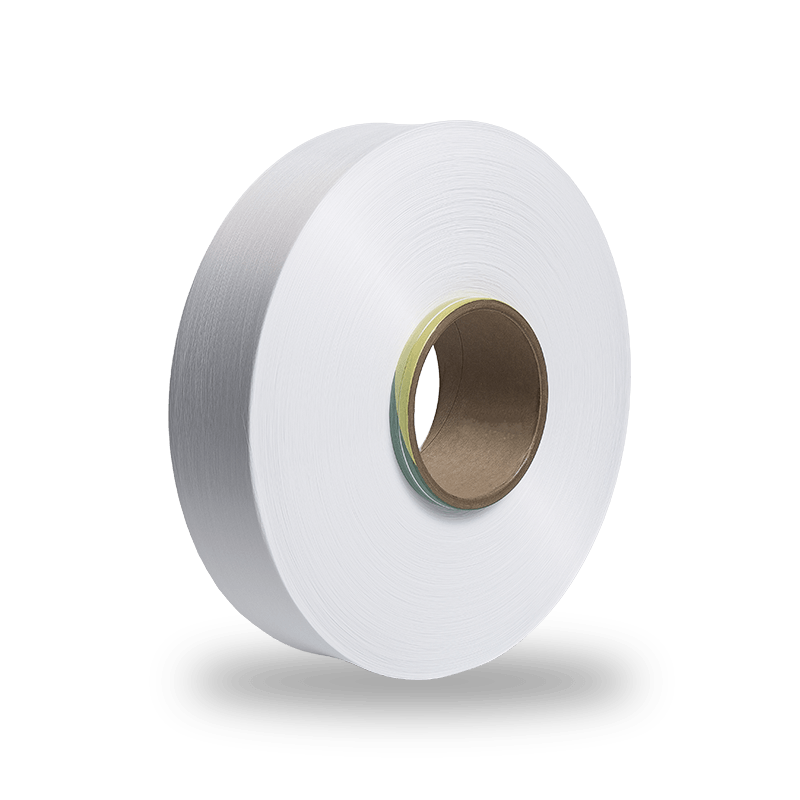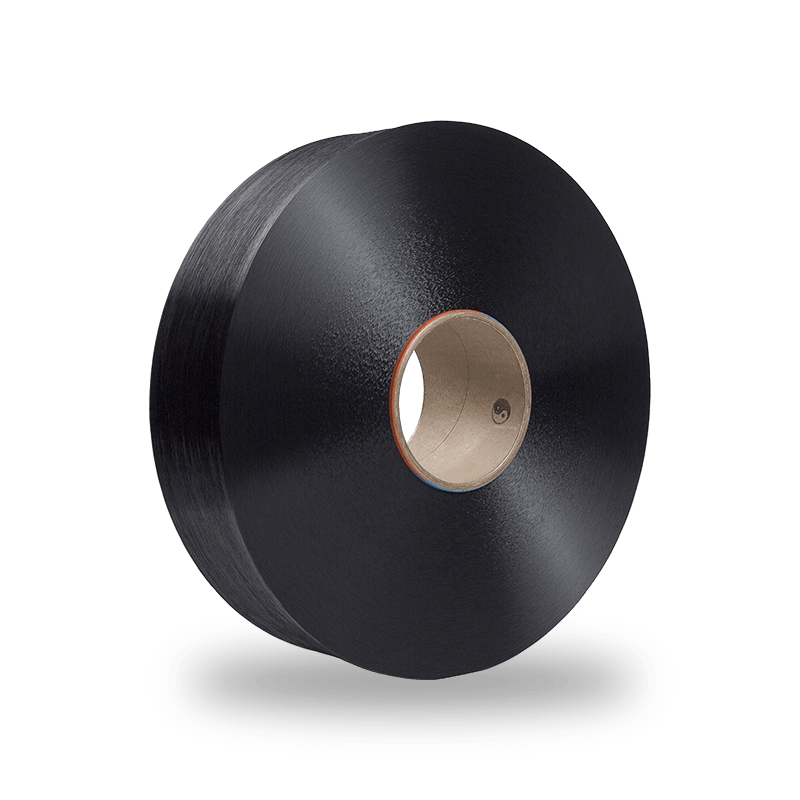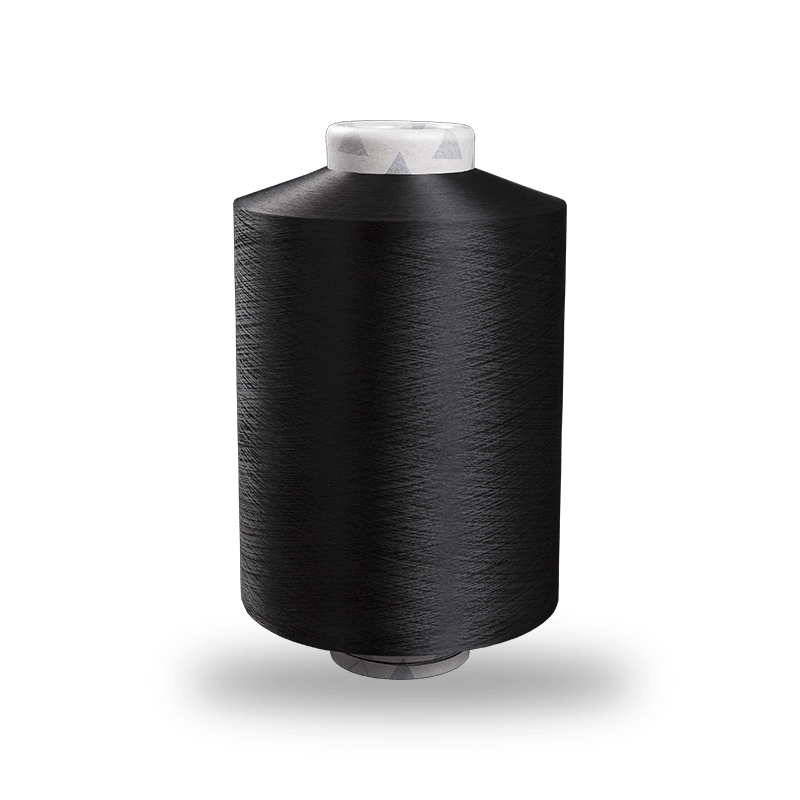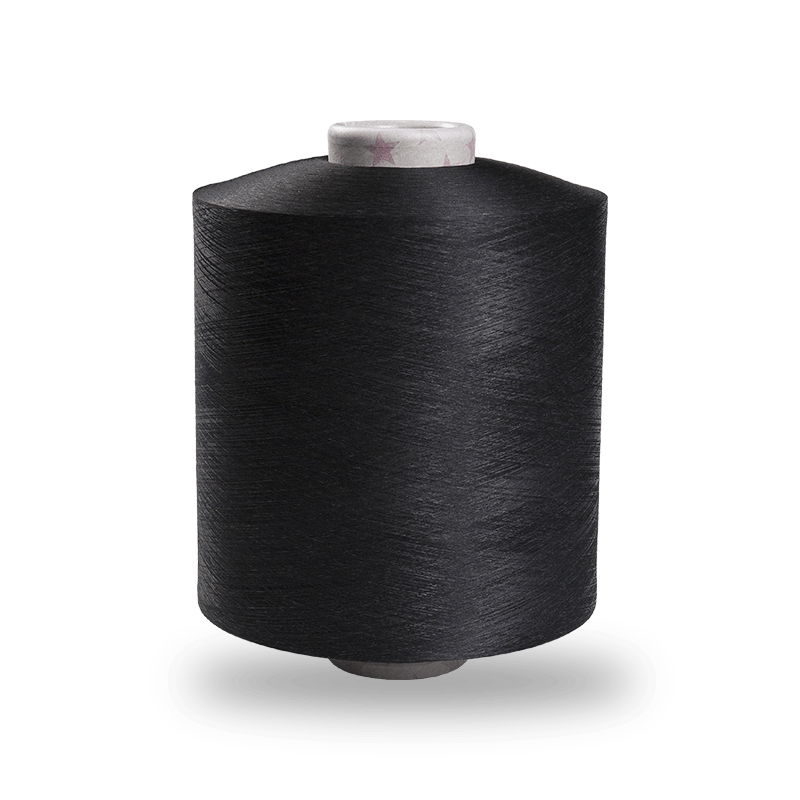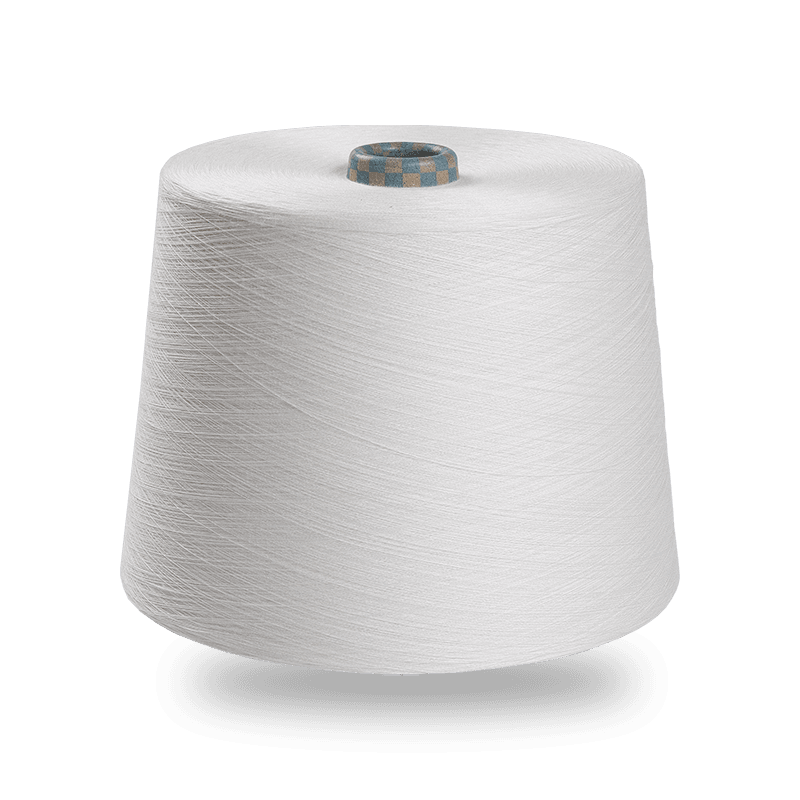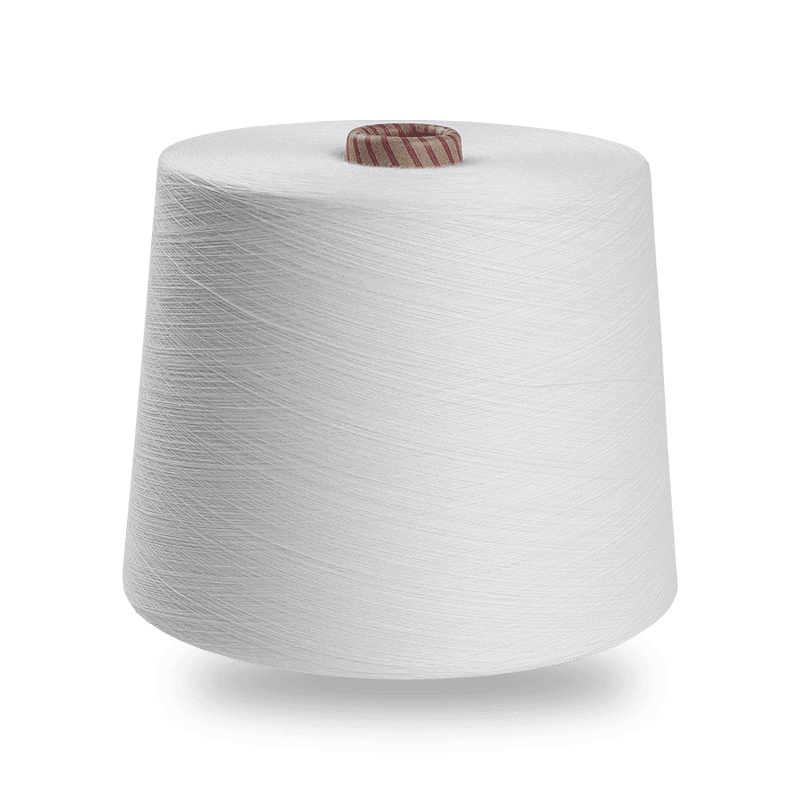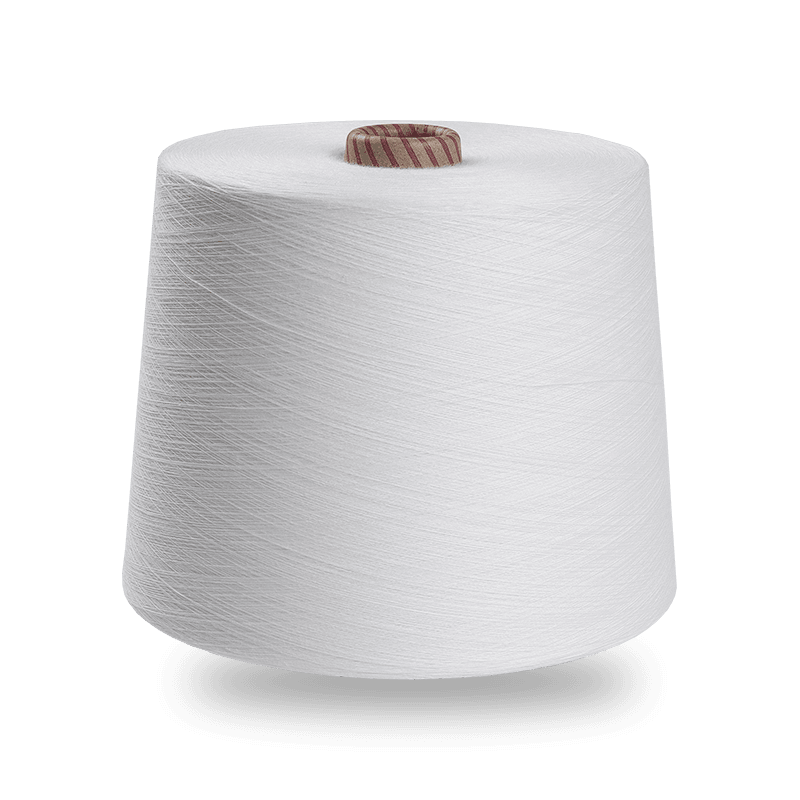Nylon is the trade name of polyamide fiber, and nylon is a term for polyamide fiber (nylon), which can be made into long fiber or short fiber. Its basic constituent material is an aliphatic polyamide connected by an amide bond—[NHCO]—.
Polyamide (nylon) has high strength after melt spinning and is mainly used to make synthetic fibers. Its abrasion resistance is high, adding some polyamide fibers to the blended fabric can greatly improve its abrasion resistance; when stretched to 3-6%, the elastic recovery rate can reach 100%; it can withstand tens of thousands of times of bending Without breaking.
Understand how to wash and protect nylon:
1. The detergent requirements are not high, and the water temperature should not exceed 40 degrees, so as to avoid the temperature is too hot and out of shape;
2. Do not rub violently during washing to avoid small hair balls;
3. Wash light-colored fabrics several times after washing, otherwise it will turn yellow over time;
4. Avoid exposure to the sun and drying, and dry in the shade;
5. Nylon has poor heat resistance, so it should be ironed at low temperature and steam must be used instead of dry ironing.
Nylon thread is an industrial filament sewing thread with elasticity and high elongation. Nylon thread has good abrasion resistance, high strength, bright luster and good elasticity. It is often used on stronger fabrics. Because of its poor heat resistance, it is not used for high-speed sewing and high-temperature finishing fabrics.
Nylon thread is suitable for sewing threads for sports shoes, sofas and other fabrics and leather goods that need to be stretched. The nylon (nylon) embryo yarn produced by our factory adopts advanced production equipment and strict production control to ensure that each product has uniform twist, no oil stains, uniform forming, and no joints.


 English
English 中文简体
中文简体 Español
Español عربى
عربى
